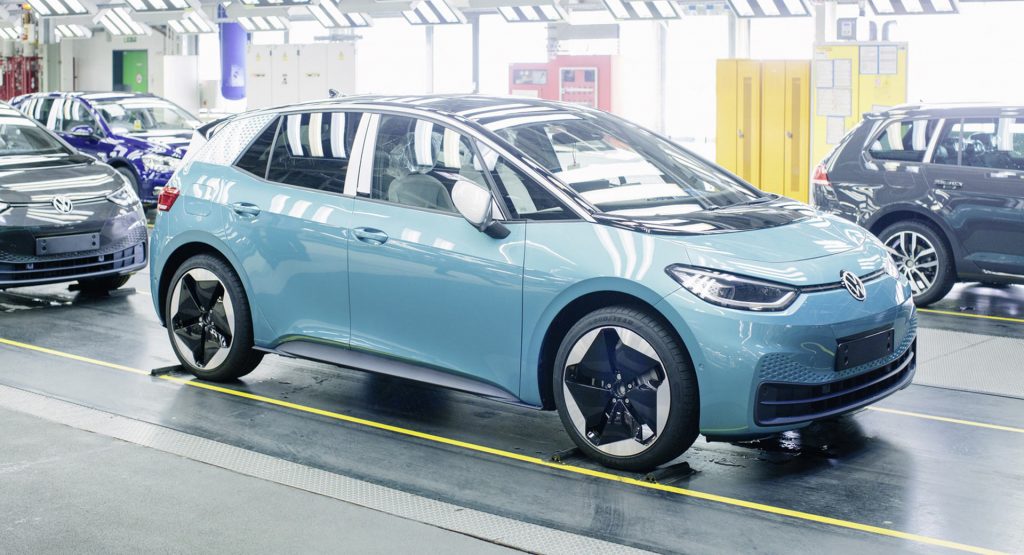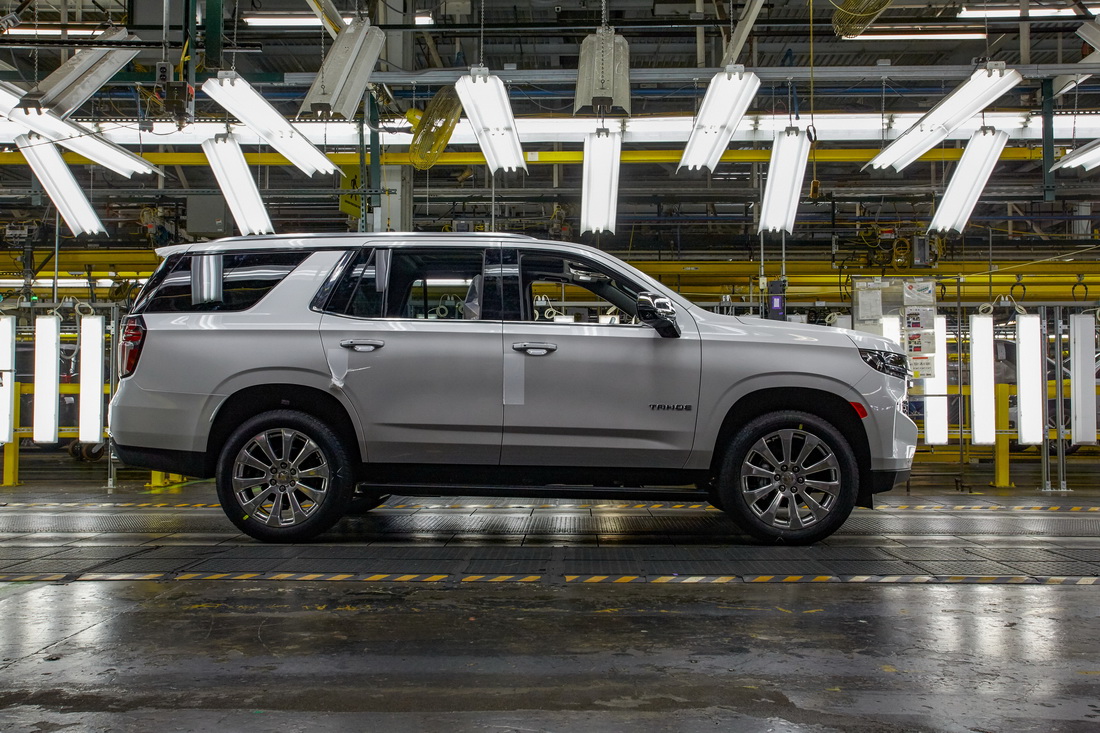Volkswagen is confident that the German car market could recover from the coronavirus pandemic as soon as this coming summer, Reuters reports.
During a recent interview with German publication Frankfurter Allgemeine Zeitung, management board member for the VW passenger cars brands, Juergen Stackmann, said that the Chinese market has already started to pick up and that he expects the same to happen in Germany.
Read Also: VW And Audi Cleverly Promote Social Distancing By Changing Their Logos
“We assume that Germany will return to normal in the summer,” he said. “We must learn how to live with the virus. The standstill cannot last longer than summer … Society and the economy cannot withstand that … We are preparing ourselves for the moment when it starts again.”
Stackmann added the car manufacturer is looking into new rules to ensure factory workers can keep their distance on production lines.
What about Detroit’s Big 3?
In contrast to VW’s upbeat outlook, GM, Ford, and FCA appear to be bracing for sustained disruptions to their production lines.
The Detroit 3 have all idled their plants to contain Covid-19 and had originally planned to restart production on March 30. However, that was starting to seem very optimistic. In fact, Ford has already admitted that it won’t restart production on March 30 as planned and will likely push it out to April 6. Even that date, however, could be moved back.
Moments ago, GM told Reuters that it will extend the shutdown of its North American plants,but “given the unprecedented circumstances, exactly when we will resume production is unclear.” The company added that “compensation of board members will be reduced by 20%, while executives will see a cut of 25% to 30%” and all employees will have 20% of their cash compensation deferred, beginning April 1, without impacting any of their healthcare benefits.
President Donald Trump recently said he wants the country to be back to business by Easter on April 12 but the unpredictability of the current situation means that’s unlikely. In addition, as Jalopnik points out, state bans on non-essential business were issued by states and not the federal government, meaning they will only be lifted by states.





